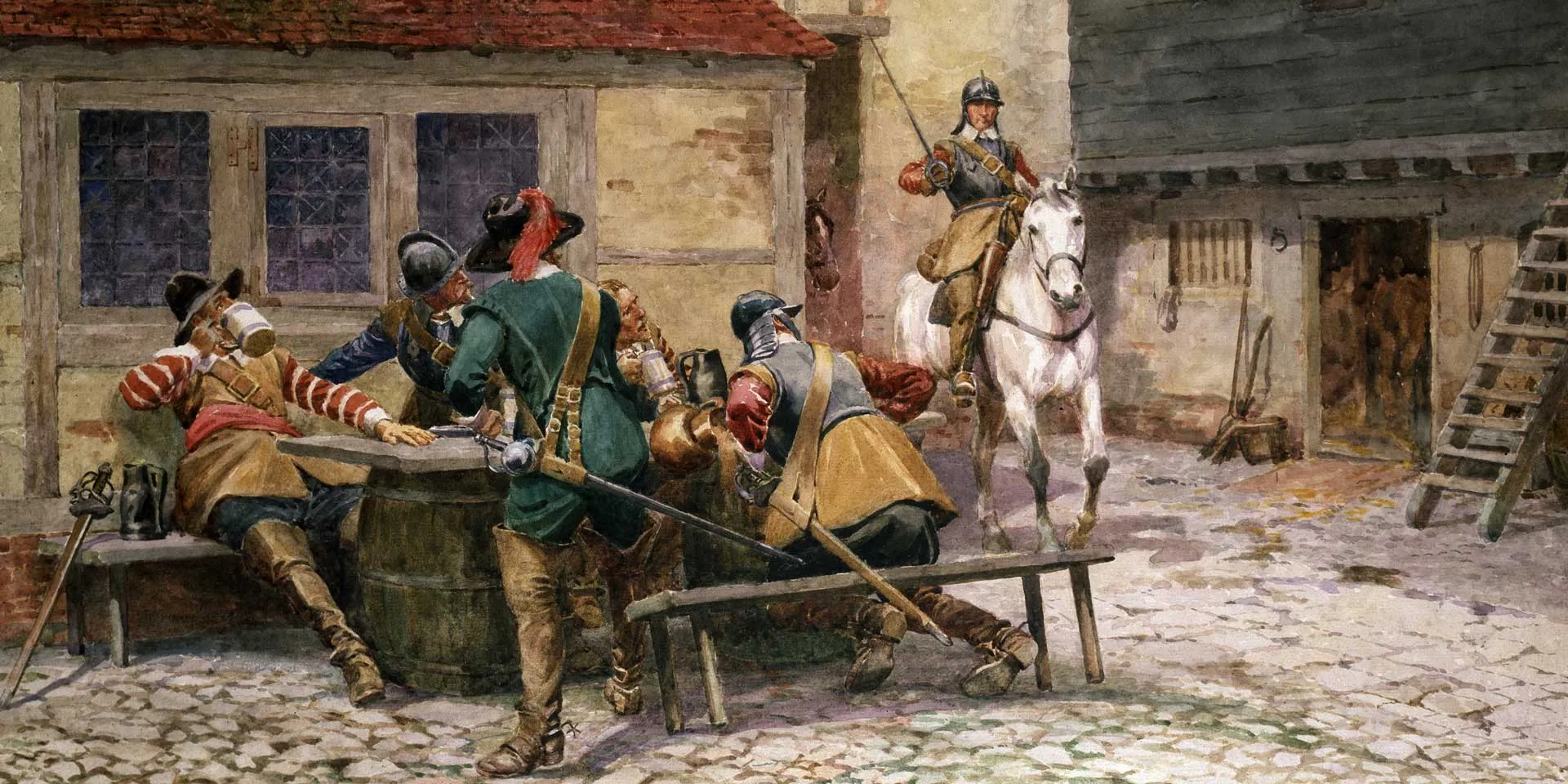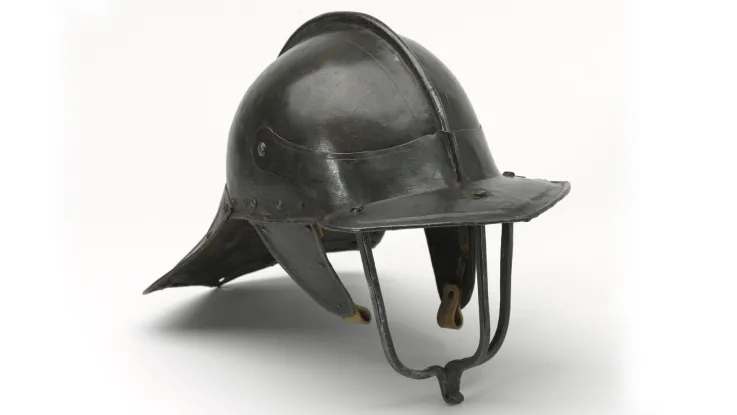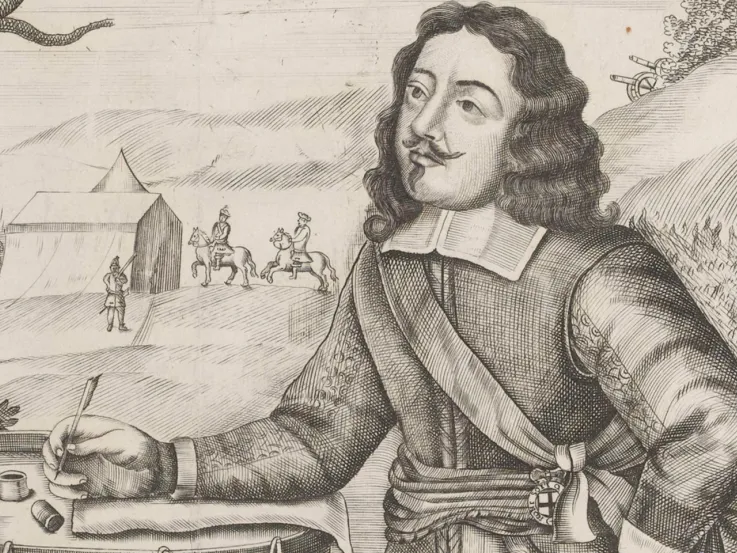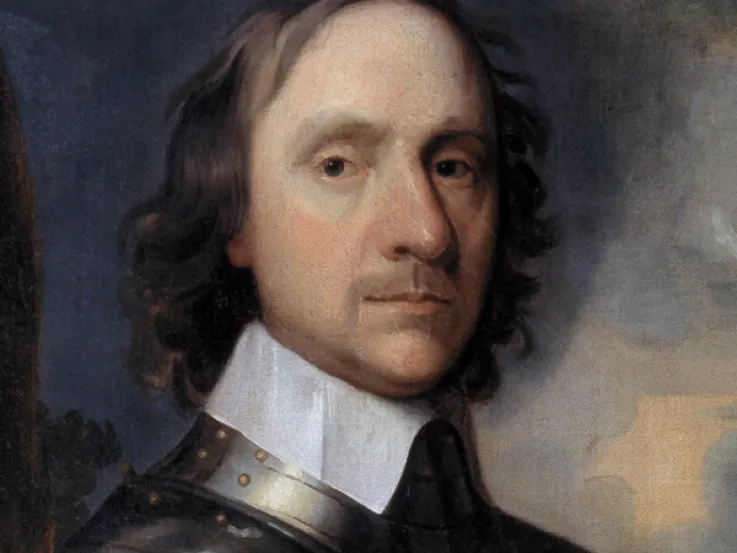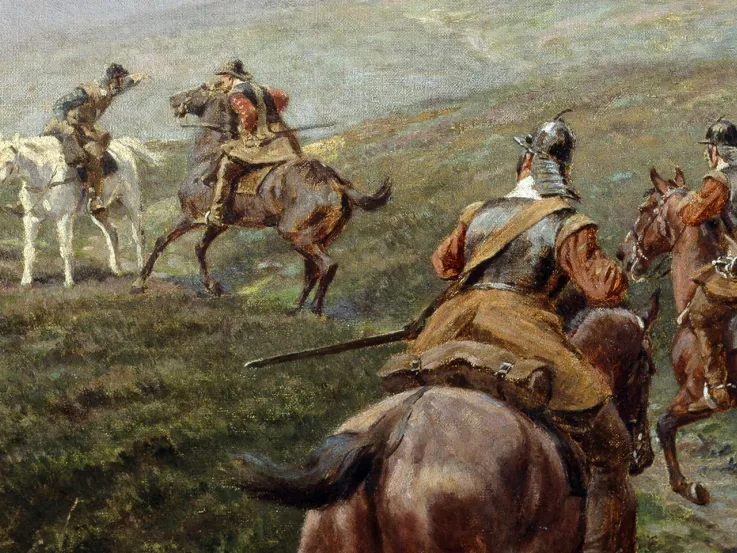Christmas celebrations
In the 17th century Christmas was a popular religious festival and holiday period. Like today, it was marked with the exchanging of gifts, feasting, carol singing, eating mince pies and general merriment. Also in common with today, this often led to over-indulgence and sometimes drunkenness.
Such excess was strongly contradictory to the sober Puritan values that dominated Parliament during the British Civil Wars (1642-51). Those who celebrated and enjoyed themselves were sinfully ‘giving liberty to carnal and sensual delights’. Instead, Parliament stressed that 25 December should be kept as a time of fasting and humiliation.
Puritans also objected to the Roman Catholic associations of Christmas; even to the word itself, as it suggested a form of mass.
‘To conclude, I'll tell you news that's right, Christmas was killed at Naseby fight: Charity was slain at that same time, Jack Tell-truth too, a friend of mine, Likewise then did die, roast beef and shred pie, Pig, Goose and Capon no quarter found. Yet let's be content, and the times lament, you see the world turned upside down.’Popular Royalist ballad — 1646
Christmas banned
In June 1647, the feast days of Christmas, Easter and Whitsun were all abolished by Parliament. Soldiers of the New Model Army were sent to break up church services and festivals, as well as to stop secular celebrations in public places.
In London, soldiers patrolled the streets and took by force any food being cooked for a Christmas celebration when people should have been fasting. Traditional decorations like holly and ivy were banned and singing carols was outlawed.
As Lord Protector from December 1653 until his death in September 1658, Oliver Cromwell supported the enforcement of these measures.
Christmas returns
What the soldiers thought of carrying out these disruptive tasks is not recorded. But the majority of people were not willing to stop celebrating Christmas in spite of the actions of the army. There were supportive demonstrations and even riots over a number of years on Christmas Day, and the festival was never allowed to completely die out.
On the Restoration of King Charles II in 1660, the traditional celebration of Christmas was also fully restored.

